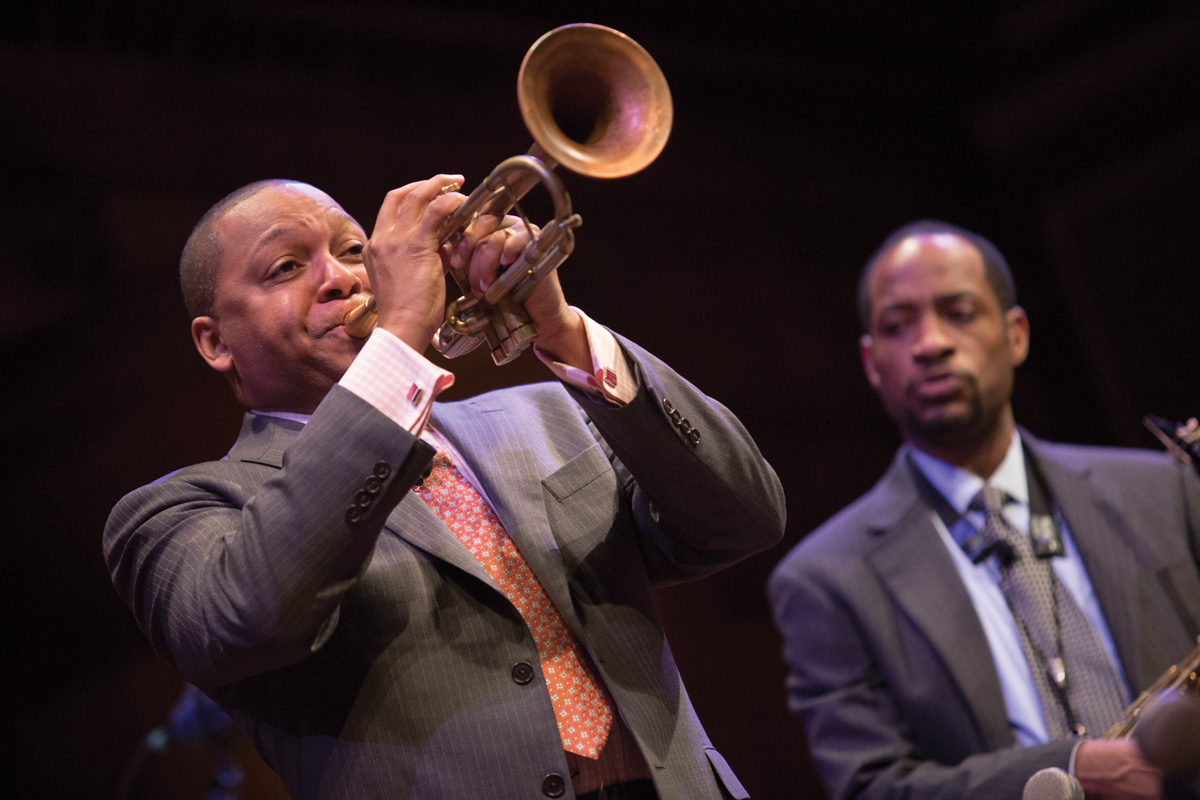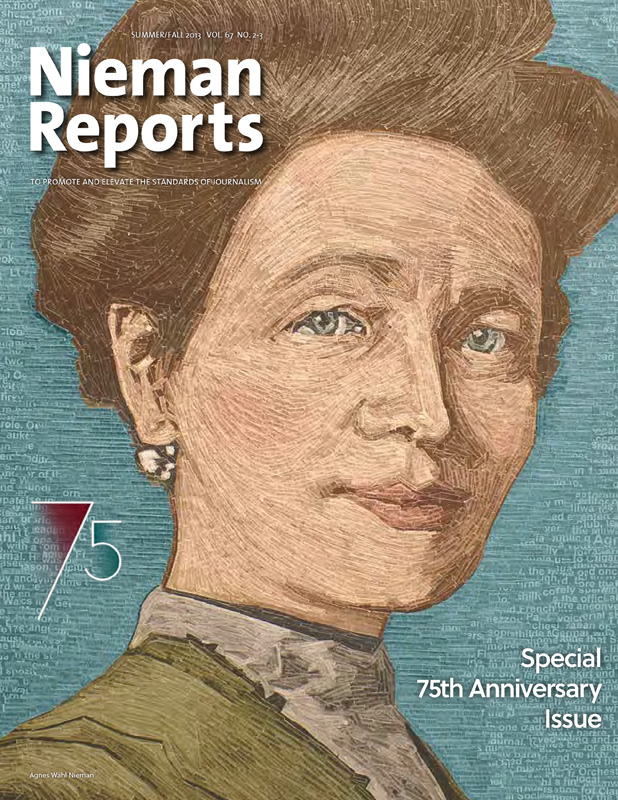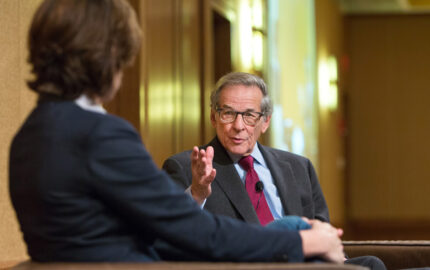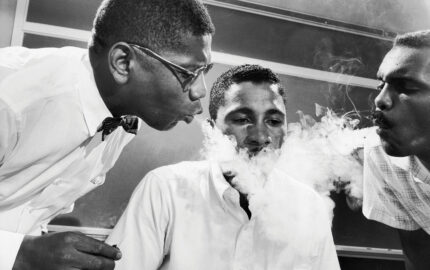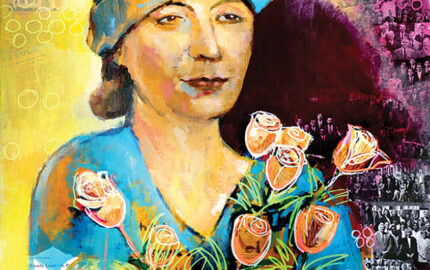Amico founded Homicide Watch D.C. to chronicle every murder committed in the nation’s capital
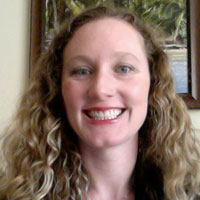
I was nearing the end of my Fellowship year this spring when Wynton Marsalis played at Sanders Theatre. Part jazz theory lesson, part concert, the evening was a serendipitously sacred moment for me as Marsalis bridged grief and joy, and he and his bandmates reflected on what it meant to play jazz, as a trumpeter, or a drummer, or an audience member.
“The art of jazz is the mastery of time, thousands of decisions made in an instant for the duration of a song,” Marsalis explained. “When we play, there is a supreme cognizance of the present, of the energy in being present, and of the intensity of presenting a collective insight into successive moments of present-ness.”
That night, as we grieved and feared and struggled to understand the recent Boston bombings, we were all so present there in the theater. “Sometimes, the expression of grief is such a heavy feeling that only playing will suffice,” Marsalis told us. And it struck me that this was a feeling I knew from the newsroom, words I knew from covering every homicide in D.C., from crime to conviction, for two years, that sometimes only writing or photography or videography or programming will suffice.
I wasn’t alone. Each one of us Nieman Fellows in the audience that night heard the same sleight of speech: when Marsalis said “jazz,” we heard “journalism;” when he said “improvisation,” we heard “innovation.”
Since that night, I’ve begun a new branch of work exploring the intersection of jazz and journalism. I’ve learned that jazz has informed innovation and management theories in many turbulent markets. Those studies offer a framing for new understandings of teamwork, leadership and innovation, and they have helped me see my work, my journalism startup, and my future in new ways.
More than that, they are changing how I see the future of journalism. In our own “turbulent market,” jazz, I believe, offers all of us a way forward—to work more closely together and with our audiences, to improvise, innovate and change, to build the journalism industry not just that journalists need, but that our public needs, too.
